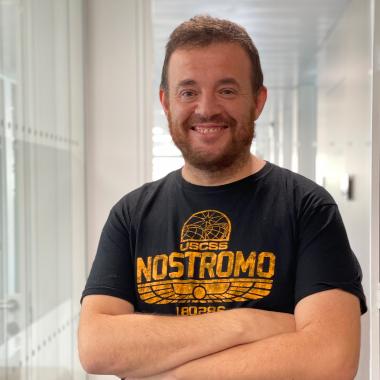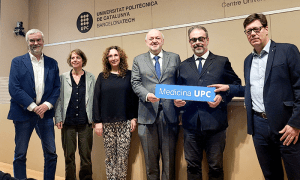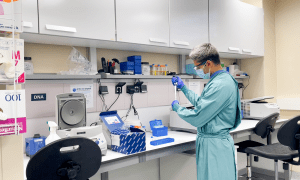Our goal is to advance in the development of more effective and personalized treatments for human diseases, through a better understanding of the biological determinants of health and disease at the population level
The Microbial Genomics group investigates microbiome factors that affect immune regulation in HIV infection, acute respiratory infections, and virus-related cancers by using microbial metagenomics and various multi-omics assessments. The specific objectives of our research include understanding the influence of gut and vaginal microbes on the effectiveness of HIV vaccines, characterizing host-microbiome interactions that contribute to severe clinical outcomes in acute respiratory infections, and identifying novel therapeutics for HIV, COVID-19, and other acute respiratory infections. Our work stems from basic and translational research in the lab but aims to inform clinical management and public health policy.





















